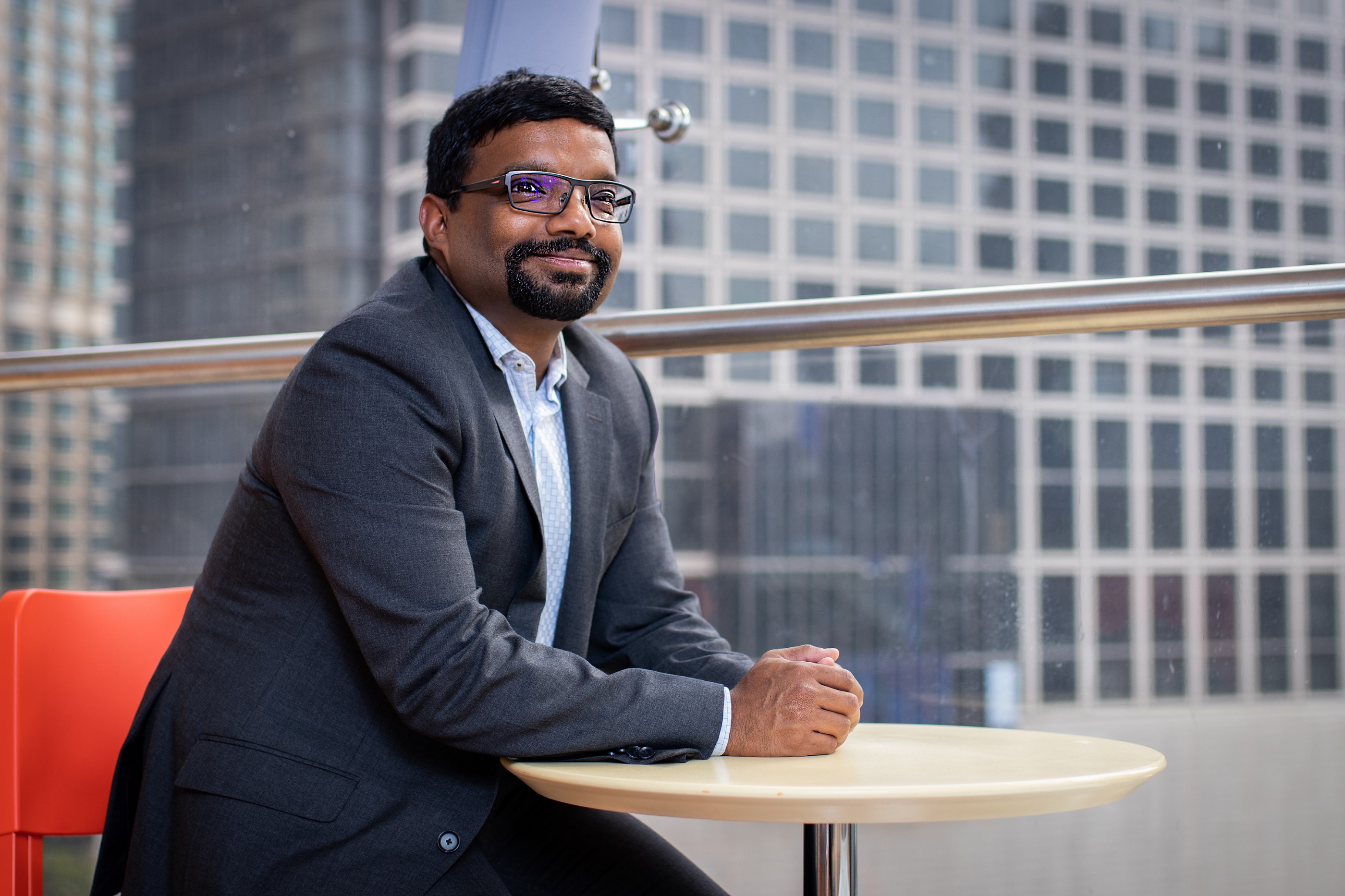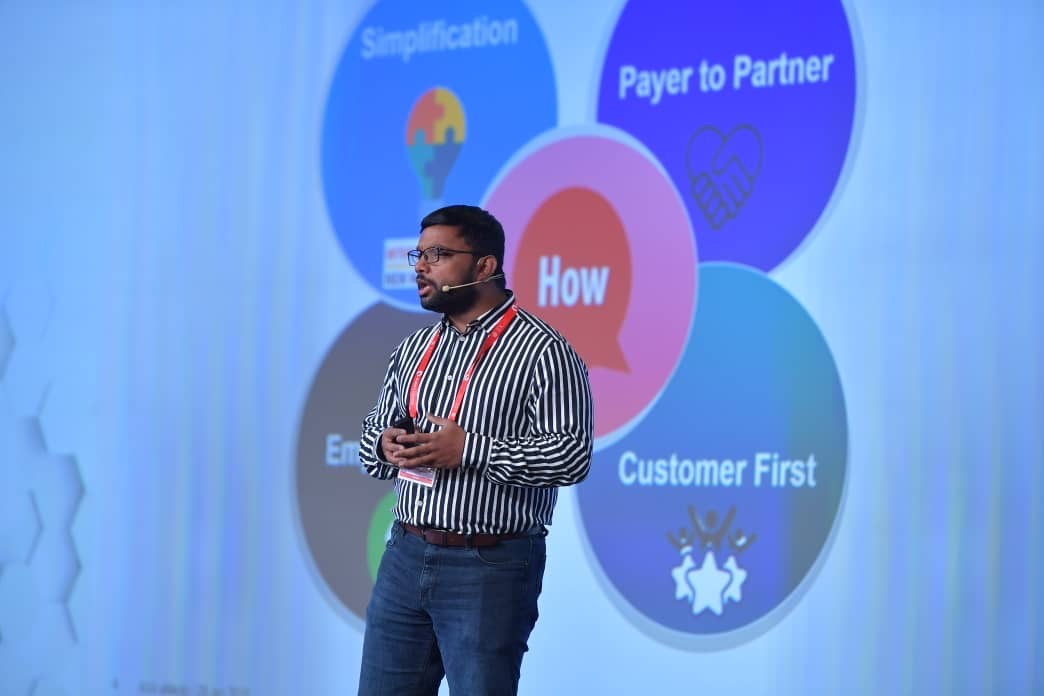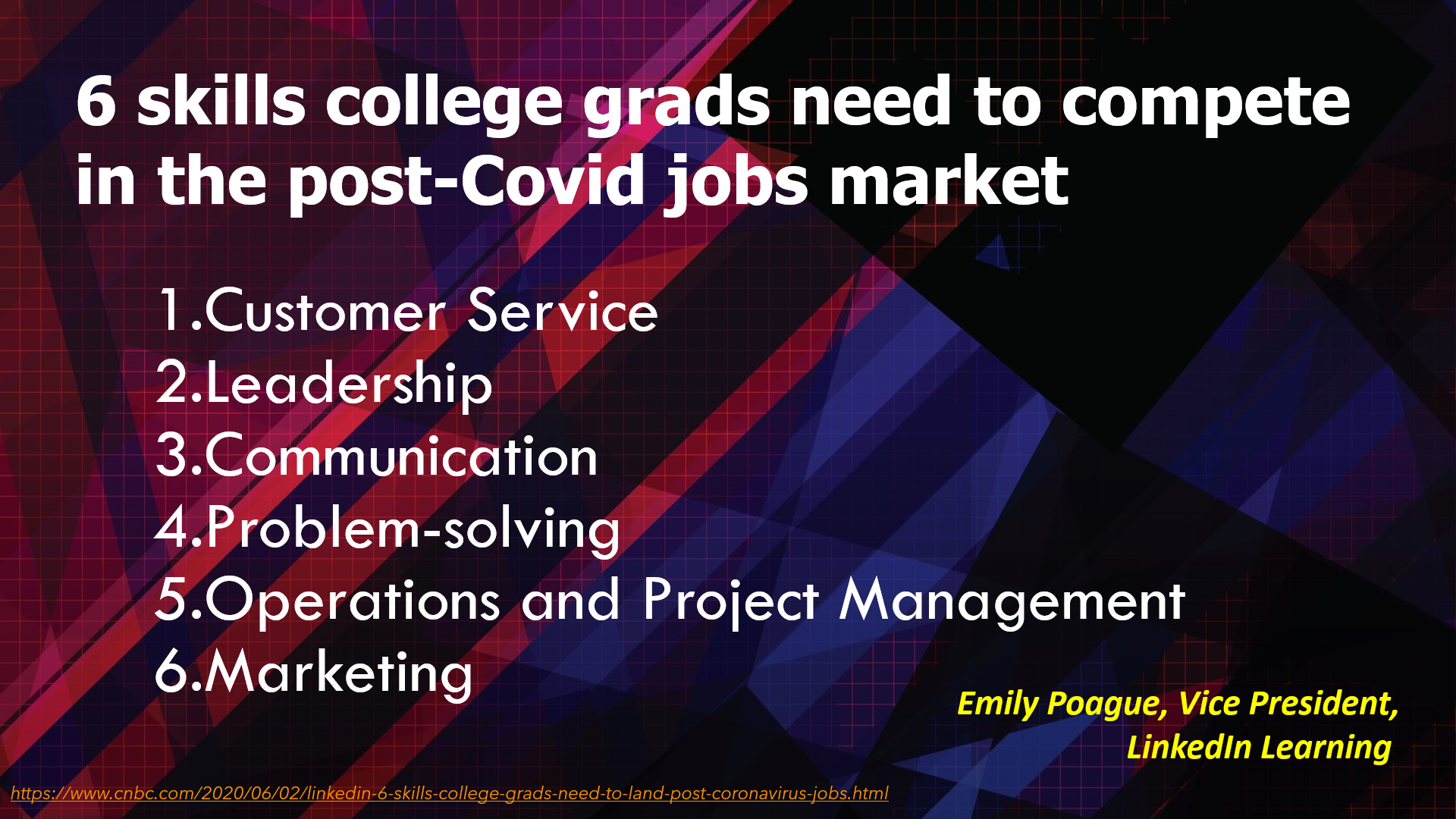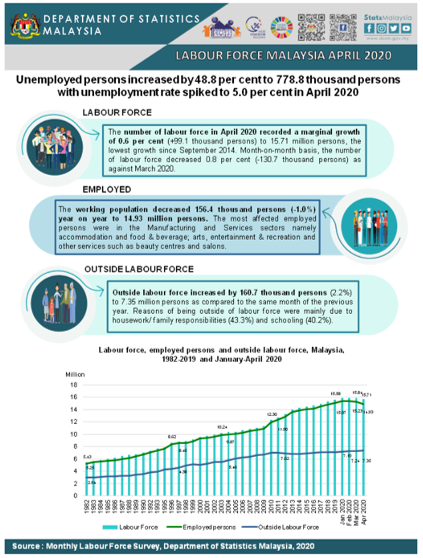With drastic changes to the working environment, students are increasingly worried about the future of work and how they would fit into the equation.
The Nagaoka Review team had the opportunity to interview Rohit Nambiar, CEO of AXA AFFIN Life Insurance on his thoughts on the future of work for up-and-coming workforce, and how the future would benefit from the skills that the new workforce would be able to offer.
NR: Thank you very much, Rohit, for taking time to talk to us at the The Nagaoka Review. From the changes in the work environment we are seeing at work, where would the students and the future workforce fit into this “new normal”?
RN: Thank you for the opportunity, it’s nice speaking to you again.
One of the biggest impacts of COVID on the workforce was its call to fast-track the digital transformation of companies. This pandemic is setting up what could be lasting employment paradigm shifts which may trigger large-scale reskilling and upskilling of the workforce. It has changed people’s way of living and it is expected that consumers will now move even more quickly to e-commerce, virtual communication and social media. Therefore, the future workforce is expected to be tech-savvy.

”"From a shift to working from home, virtual meetings and utilising social media tools to connect professionally to the market, you need to be comfortable with these tech tools to be able to work with them effectively."
Rohit NambiarCEO, AXA AFFIN Life Insurance
Digital marketing and communication will thrive and become the new normal. It is vital to expand your ability to operate in a fully digital integrated environment and to adapt to rapidly changing conditions post-COVID.
The reality is that emerging technologies like artificial intelligence (AI), big data, Internet of Things (IoT), and robotics are set for our near-future. Anyone with digital and social media marketing skills will be an asset to their company in being more resilient to future pandemics. Therefore, knowledge in search engine optimisation (SEO), search engine marketing (SEM), email campaigns, or building webpages will be very attractive to employers.
NR: What are the essential skills that employers would be looking for, when they hire employees (especially graduates)? What would happen to employees if they do not possess these skills to navigate the future of work?
RN: Beyond just going digital, a significant portion of youths also exhibited signs of resilience and adaptability during COVID-19. They learnt to be even more resilient, picked up new skills, thought more creatively and critically. A report by Deloitte Access Economics considers two-thirds of all jobs by 2030 will be made up of soft-skill-intensive occupations, so developing and enhancing these skills would be crucial.
Being flexible and adaptable is something we have all had to get used to over the last few months. But it is also a crucial skill that every employer will be keeping an eye out for. As businesses worldwide see a stark rise in the number of employees being able to work from home, it’s likely this new way of working will last even after the pandemic passes.
While being flexible in work was once aligned with geographic mobility, it is now about having an open mindset, being able to work well under pressure, adjusting to new and unexpected deadlines, prioritizing tasks and, in some instances taking on additional responsibilities.
”Employers value workers who know how to think critically. Critical thinkers bring creative solutions to the table to solve business problems. If you are able to objectively evaluate information to make informed decisions while facing disruptions, you will have a much better chance to impress an employer.
Rohit NambiarCEO, AXA AFFIN Life Insurance
While the world stayed in lockdown, stores expanded digital ordering, fitness companies moved workouts online, and retailers shifted to roadside pickups. It is precisely this uniquely human skill to think creatively on ways to invent in a pre and post-COVID world which will be essential to a company.
Creativity is not only associated with typically creative professions either – it is essential across every industry and sector. In the coming years, the business landscape is going to need to evolve and adapt rapidly. For example, anyone aspiring to work in business will need to be able to tap into their creative mindset in order to steer a business through challenges and opportunities that it faces.
In Malaysia, the Department of Statistics noted that the country’s unemployment rate is now the highest in a decade, with a projected increase to possibly 5.5 per cent this year. Global pandemic aside, reskilling and upskilling to meet evolving talent demands is now more crucial than ever to expand job prospects. Whether you are thinking to start a new career or looking to stay competitive in the job market, these are some of the essential job skills you need to thrive in a post-COVID landscape.
The labour force of Malaysia: Unemployment rate spiked to 5.0% in April 2020
NR: What would you recommend people to do to keep up with this ever-changing business and industry landscape?
RN: According to the World Economic Forum, in just five years, 35 percent of the skills deemed essential today will change. There’s only one way to remain relevant in today’s world, which is to commit to a lifetime of learning.
When faced with a tight job market, professionals with advanced and expert job skills will still be in demand and will likely struggle less to find employment. The good news is that improving your skills has never been easier. Today, it doesn’t require years of study or hefty loans to build up your skillset to be prepared for a post-COVID world. There are endless free and open online courses available that will help you improve your skills. i.e. LinkedIn Learning, Coursera or many more readily available materials online.
I am a big believer on attitude over aptitude. When people have the right attitude they are both motivated and adaptable which makes them more open to learning new skills. With the right attitude and enough effort, most new skills can be mastered quickly.
When the going gets tough, the tough gets going. We are always going to face challenges, difficult times, and it is in these moments that things like determination, tenacity and resilience come to the fore.
”Having the right skills but lacking the will to use them isn't going to help us overcome the challenges and achieve success.
When going through a job interview, candidates should also focus on attitude just as much as on the technical skills sets. They need to be able to demonstrate some challenges they have overcome, how they dealt with failure or how they dealt with situations which were beyond their current capability. Experienced hiring managers should be able to ask the right questions to uncover their attitude, such as their honesty, initiative, determination, tenacity, and resilience, etc.
Learning agility is absolutely key. Learning never stops and be ready to try new stuff!
Note
NR – The Nagaoka Review
RN – Rohit Nambiar
Update: Mr. Rohit Nambiar was the CEO of AXA-AFFIN Life Insurance at the time of the interview. He has since moved on to a new role as the Group Chief Executive Officer of Tune Protect since October 2020.












